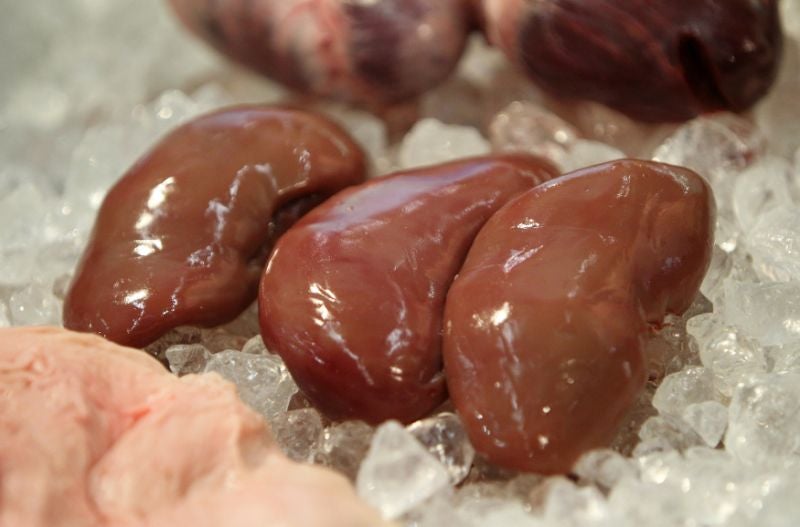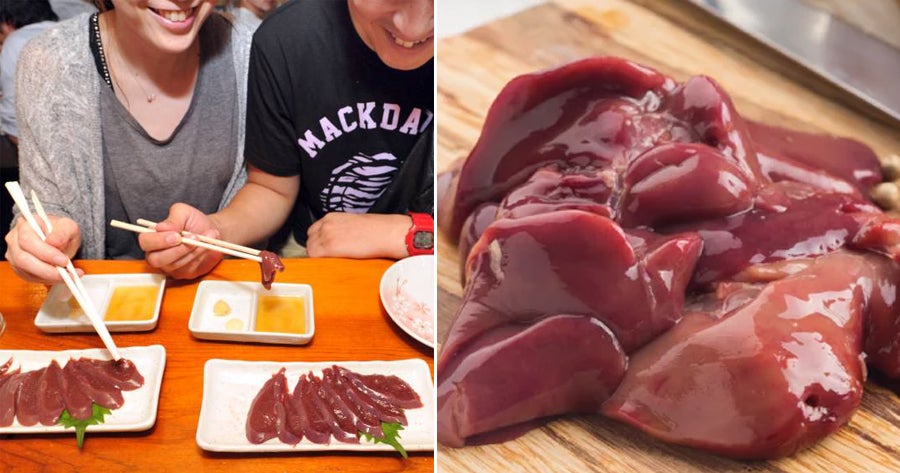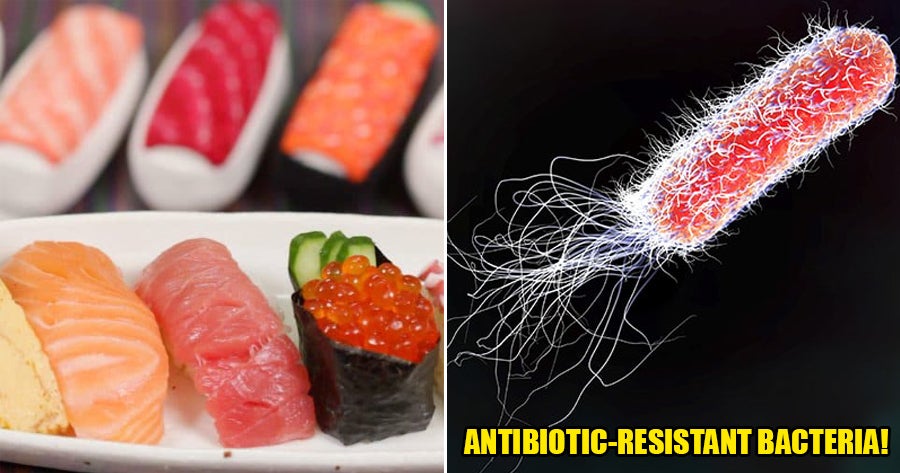If you love eating pork liver, you might want to think twice before eating it as you could be at risk of contracting Hepatitis E (HEV), especially if the liver is raw or undercooked.
While HEV is most commonly contracted by ingesting faecally contaminated water or eating raw or undercooked meat, a study conducted by Singapore General Hospital (SGH) revealed that the foodborne infection was detected in three raw pork liver samples.

Source: yahoo
According to Today Online, the study revealed that there was an increase in HEV cases in Singapore between 2012 and 2016. The number has more than doubled from 1.7 cases per 100,000 residents in 2012 to 4.1 cases per 100,000 residents in 2016.
The study was published in the medical journal Zoonoses Public Health in July, with findings revealing that those infected by HEV tend to be Chinese men aged 55 years old and above. Take note, guys!
“Although we could not ascertain if pig liver is the main contributor of HEV cases in Singapore, we observed that pig liver can be found in many local dishes,” said Dr Chan Kwai Peng, senior author of the study and Senior Consultant at SGH’s Department of Microbiology.

Source: casa veneracion
“As most people like it a little undercooked for its texture, this may put them at risk of hepatitis E infection. The safest way of consuming food, including pork, is to cook it thoroughly.”
When a person contracts the HEV virus, their liver is infected, but infections usually go away within a few weeks. Symptoms aren’t usually present, but those who do have symptoms would experience fever, lethargy, nausea and jaundice.
And although these infections don’t necessarily lead to long-term illnesses or liver damage, the virus could be fatal for pregnant women, people with a weak immune system like transplant patients, or people with pre-existing liver disease.
Stay away from raw pork liver, guys! Even undercooked pork liver is not safe, so make sure to cook it properly!
Also read: Study: Superbugs Found in Raw Seafood Could Cause Sushi Lovers to Be Antibiotic-Resistant











































